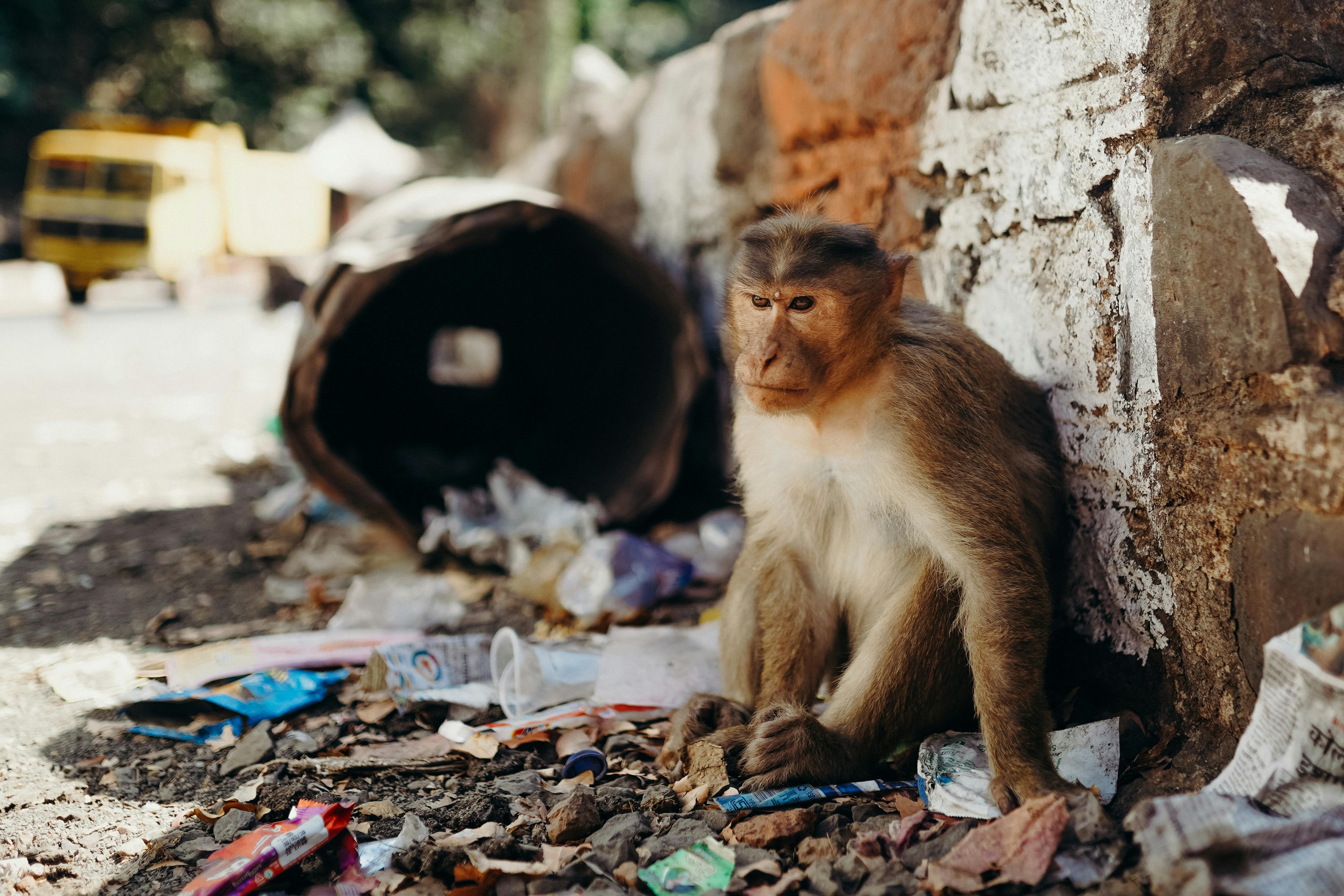Effective Ways to Care for Netherland Dwarf Rabbits in 2025
As we step into 2025, the popularity of the Netherland Dwarf rabbit continues to soar among pet enthusiasts. These adorable creatures, known for their compact size and affectionate nature, make excellent companions for families and individuals alike. Understanding how to properly care for a dwarf rabbit is crucial for ensuring their health and happiness. This article will guide you through essential aspects of dwarf rabbit care, covering everything from diet and grooming to housing and socialization. By the end, you will be equipped with the knowledge you need to provide the best care for your furry friend.
Key benefits of adopting a Netherland Dwarf rabbit include their small size, which makes them suitable for various living spaces, and their lively yet gentle temperament. Moreover, they can thrive in both indoor and outdoor environments, making them versatile pets. As we delve into the article, you will learn about establishing a suitable habitat, effective feeding practices, and ways to bond with your rabbit. Let’s hop into the essentials of caring for your Netherland Dwarf rabbit!
Creating the Ideal Housing for Your Dwarf Rabbit
When considering how to care for dwarf rabbits, providing an adequate housing environment is a cornerstone of their health and well-being. An ideal habitat not only ensures comfort but also caters to their natural behaviors and exercise needs. Building on the basics of rabbit housing, you’ll need to pay attention to size, safety, and enrichment.
Designing a Spacious Indoor Habitat
Indoor housing for your dwarf rabbit should be spacious enough to allow for movement and play. A minimum recommended size for a rabbit hutch is 2 feet by 3 feet, but bigger is always better. Include a separate space for eating, sleeping, and playing. Avoid using wire bottoms as they can hurt your rabbit's paws. Instead, use solid flooring covered with soft bedding, such as hay or untreated wood shavings, to create a cozy environment. Additionally, ensure the area is free from harsh chemicals and hazards.
Outdoor Housing Considerations
If you choose to house your dwarf rabbit outdoors, consider a secure rabbit run attached to a hutch. This allows for freedom to hop and play while keeping them safe from predators. Ensure that the hutch is elevated off the ground to protect against dampness. An outdoor setup should include shaded areas to keep your rabbit cool on hot days and provide shelter from rain or snow. Don't forget to check on outdoor pets frequently, as they can be susceptible to temperature changes.
Essential Rabbit Supplies for a Happy Home
Having the right supplies will enhance your rabbit's living conditions. Essential items include a suitable food bowl, water bottle, hay feeder, and litter box. Additionally, provide toys to encourage playtime and mental stimulation, which is vital for your rabbit's happiness. Look for safe, chew-proof toys, such as those made from untreated wood or natural fibers. Snack options, including freshly washed vegetables or limited fruit for treats, should be included in their environment as well.
Nutrition: Feeding Your Dwarf Rabbit Right
Proper nutrition is a vital aspect of dwarf rabbit care, contributing to their overall health and longevity. A well-balanced diet tailored to the specific needs of a dwarf rabbit promotes optimal growth, development, and reduces the risk of common rabbit health issues.
Establishing a Healthy Feeding Schedule
A consistent rabbit feeding schedule is crucial. Adult rabbits should be fed a combination of hay, pellets, and fresh vegetables daily. Timothy hay should form the bulk of their diet, providing essential fiber for digestive health. High-quality pellets designed for dwarf rabbits can complement their diet but should only be offered in limited amounts (about 1/8 to 1/4 cup per 5 pounds of body weight). Always monitor your rabbit’s weight to adjust food intake as necessary.
Vegetable Variety for Nutritional Balance
Introducing a variety of fresh greens such as romaine lettuce, cilantro, and parsley can enhance your rabbit’s diet. Rotate different vegetables weekly to provide a wider range of nutrients. Avoid iceberg lettuce and high-starch vegetables, as these can contribute to digestive problems. Moreover, always introduce new foods gradually to prevent upset stomachs.
Hydration: Importance of Fresh Water
Always have fresh, clean water available. Whether through a water bowl or a bottle, ensure your rabbit has easy access to hydration, as it plays a crucial role in their health. Regularly check and refill their water source to keep it clean and fresh.

Understanding Dwarf Rabbit Behavior
To provide effective care for dwarf rabbits, it's essential to understand their behavior and how it influences their needs and interactions. Dwarf rabbits possess unique characteristics that shape their personality and social interactions, influencing how they engage with their environment and human companions.
Socialization and Bonding Techniques
Dwarf rabbits, being social animals, enjoy companionship—both from humans and other rabbits. Spend quality time with your pet daily to establish trust and a strong bond. When initially adopting a dwarf rabbit, allow them time to adjust to their new home before engaging deeply. Gradually introduce handling and social interactions at their comfort level to create a positive experience.
Behavioral Traits and Communication
Understanding a dwarf rabbit's behaviors can reveal their needs and feelings. Common behaviors include digging, chewing, and binkying (a joyful jump). Each of these actions communicates different emotions and comfort levels. For instance, a binky usually indicates happiness and contentment. It's vital to also observe their body language closely to interpret any signs of distress or discomfort.
Exercise and Enrichment Needs
A dynamic environment with adequate space for exercise is essential for maintaining your dwarf rabbit's physical and mental health. Offer various options like tunnels, ramps, and sturdy toys that promote hopping and exploration. Daily playtime outside of their enclosure is also crucial, allowing for free movement. Consistently engaging in play creates a rich, fulfilling environment, which is pivotal for your rabbit's happiness.

Dwarf Rabbit Grooming Essentials
Regular grooming is an essential part of caring for dwarf rabbits and is important for their health and comfort. Grooming helps prevent matting, reduces shedding, and provides an opportunity to check for common health issues.
Establishing a Grooming Routine
Establish a grooming routine that includes brushing your dwarf rabbit at least once a week. Use a soft brush or comb designed for small animals to remove loose fur and prevent hairballs. During shedding season, which typically occurs in spring and fall, more frequent grooming may be necessary to manage increased fur loss.
Bathing: A Cautionary Approach
Bathing dwarf rabbits is generally not recommended unless absolutely necessary, as it can lead to stress and even health issues. Instead, focus on spot cleaning soiled areas with a damp cloth. If you do need to bathe your rabbit, use a small amount of rabbit-safe shampoo, ensuring to dry them thoroughly afterward.
Identifying Health Issues Through Grooming
Regular grooming also allows you to monitor your rabbit's health. While grooming, check for any unusual skin conditions, bulges, or signs of parasites. If you notice anything concerning, consult a veterinarian who specializes in rabbit care to address potential health issues promptly.
Understanding Dwarf Rabbit Health and Lifespan
When considering adopting a dwarf rabbit, understanding their lifespan and potential health issues is critical. While the average lifespan of a dwarf rabbit ranges from 8 to 12 years, proper care can extend this to even longer periods.
Preventative Veterinary Care
Regular check-ups with a veterinarian knowledgeable about rabbits are vital for maintaining health. Routine vaccinations protect against common diseases, while regular dental and physical examinations identify health issues early. Your vet can also provide specific recommendations tailored to your rabbit's needs.
Common Health Issues to Look Out For
Dwarf rabbits can be prone to specific health issues such as dental problems, obesity, and gastrointestinal stasis. Being aware of these common problems allows you to take preventative measures, such as monitoring their diet and ensuring adequate exercise. For more serious health concerns, like respiratory issues, immediate veterinary attention may be required.
Promoting a Healthy Lifestyle
Provide a balanced diet, regular exercise, and mental stimulation to support your dwarf rabbit's health. Keeping their environment clean and ensuring they have companionship and enrichment opportunities is essential for maintaining their overall well-being. By establishing these habits early on, you'll help your rabbit lead a happy, healthy life.
Frequently Asked Questions About Dwarf Rabbit Care
What is the best diet for a Netherland Dwarf rabbit?
A well-balanced diet includes high-quality hay, a limited amount of pellets, and fresh vegetables. Avoid excessive carbohydrates and sugars.
How can I keep my dwarf rabbit entertained?
Offer an array of toys, tunnels, and opportunities for exploration. Incorporate playtime outside their enclosure to stimulate their natural behaviors.
What are the signs of a healthy rabbit?
A healthy rabbit is active, has a shiny coat, and maintains a good appetite. Any changes in behavior or eating patterns may indicate health issues.
Is it necessary to spay or neuter my dwarf rabbit?
Yes, spaying or neutering can help prevent health issues, reduce unwanted behaviors, and promote a calmer temperament.
How can I introduce my dwarf rabbit to new environments?
Introduce new settings gradually, allowing your rabbit to explore at their own pace. Ensure they feel safe and secure while adjusting to the new space.
